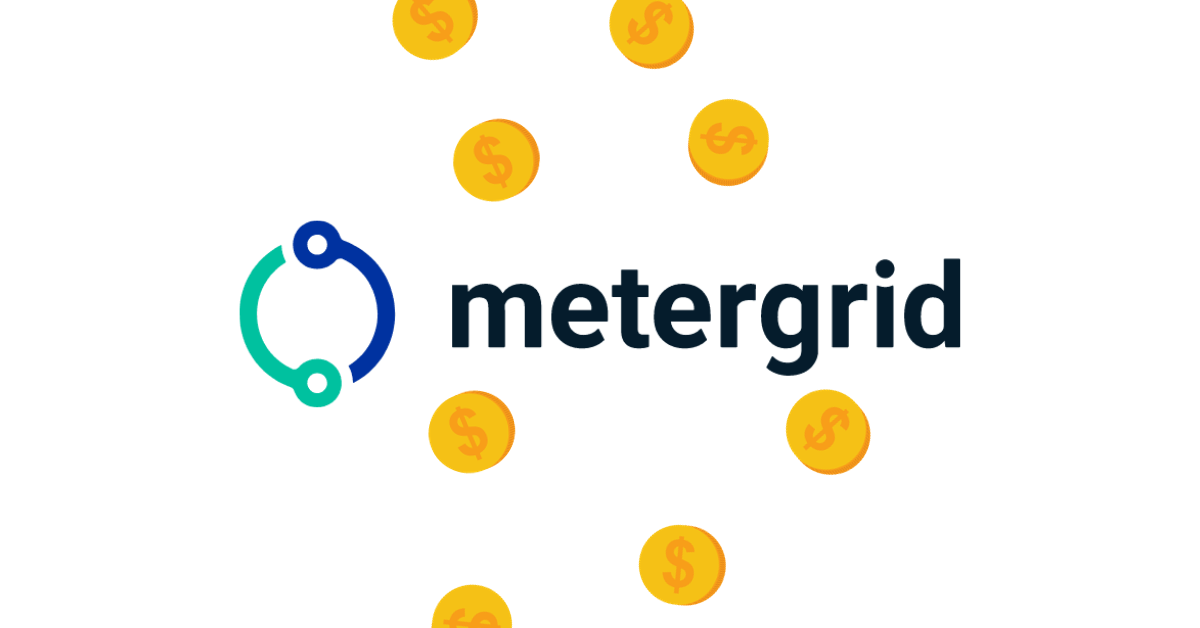Stuttgart-based power innovator, Metergrid, has secured €2.7 million in a seed funding round. Spearheading the round was 468 Capital, with support from footballer Mario Götze, Tiny Supercomputer Investment Company, and newly-founded Mätch VC in Baden-Württemberg. With aspirations to transform four million landlords into decentralised energy producers, the startup aims to amplify the return on investment, cut tenant costs, and accelerate the shift to green energy.
German housing and its energy challenge
Germany’s housing market is predominantly reliant on private rentals. About 44 million people, over half the population, privately rent their homes. Interestingly, the majority of landlords own merely one or two properties. This fragmented ownership limits landlords‘ scalability, affecting their ability to diversify beyond merely maintaining properties.
Despite this fragmentation, there’s a noticeable shift towards sustainability. Unsurprising, considering the recent government push for more green energy. Regions including Baden-Württemberg, Hamburg, and Berlin are mandating solar installations on new constructions. Additionally, state and national regulations are promoting green energy, influencing tenants who are becoming environmentally conscious.
This complexity, spurred by the dispersed market, instigated Metergrid’s inception. Julian Schulz, the company’s founder and managing director, believes in the need for decentralised solutions. He emphasises the necessity to engage multi-apartment occupants throughout Europe with innovative solutions designed to revolutionise the market.
Metergrid’s innovative solution
Metergrid’s unique SaaS platform provides a holistic solution. By integrating with existing systems, it effectively transforms landlords into miniature power enterprises. Using Metergrid’s platform, landlords can efficiently oversee the entire process, unlocking an alternative revenue channel.
While landlords retain the ownership and responsibility of equipment, Metergrid’s unified platform manages measurement, administration, and even billing, including tenant contracts. Furthermore, it orchestrates transactions with the national grid, guaranteeing consistent energy availability. On days of low production, excess energy is sold to the grid, profiting both landlords and tenants.
Driving Germany’s green future
Although the current Metergrid team comprises merely ten remote employees from Stuttgart and Hamburg, their market performance is commendable. Since their market entry 18 months ago, they are projected to achieve a seven-figure annual turnover and are poised to provide 25,000 tenants with green energy by 2024’s end.
This funding aims to magnify their operations, aspiring to deliver affordable, decentralised green energy to Germany’s 22 million rental flats, spanning 3.4 million individual properties. Johannes Mews, co-managing director, envisions equipping six million multi-apartment buildings by 2028.
468 Capital’s Bardo Droege, set to join the advisory board, extolled the founding team, praising their expertise and execution skills. Metergrid proposes a solution beneficial for all. Landlords can anticipate a 6% to 15% return on investment, while renters might experience energy costs between 10% and 30% less than direct grid prices. As Metergrid furthers its drive towards green energy, it envisions a brighter, eco-friendly future for landlords, tenants, and society.
—
Are you looking to innovate and add more talent to your team? We can help by connecting you with top industry talent. Speak to a PL Talents recruitment expert today.

